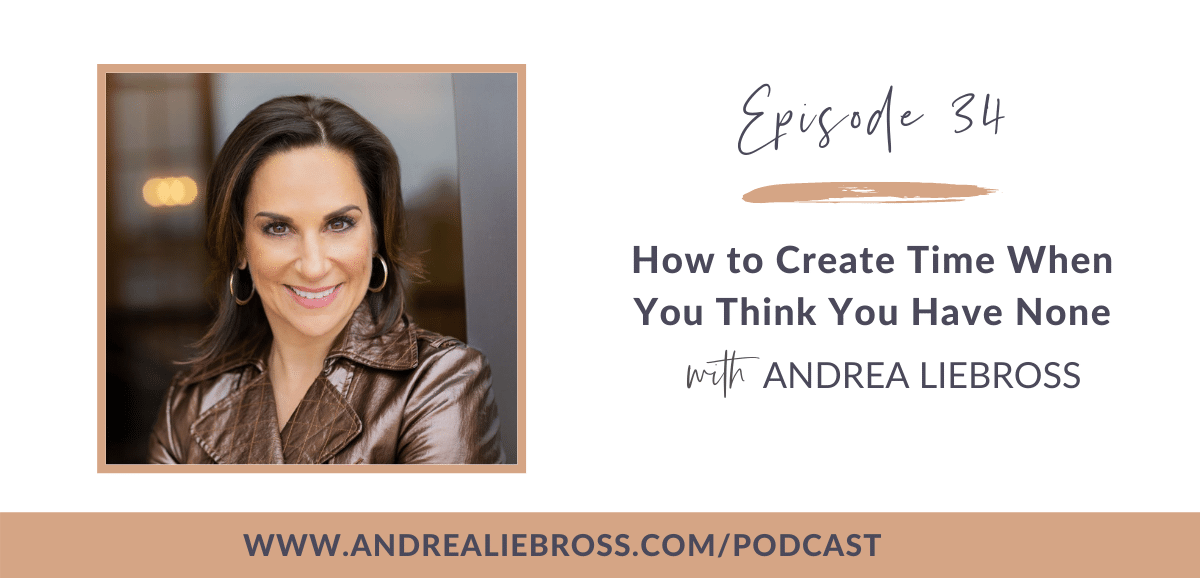34: How to Make More Time In the Day
What do you have time for? Do you ever wish you could create more time?
I want you to think about these questions while you listen to this episode.
It might seem like a simple question, but I think it will really challenge some of the stories that your brain tells you about time. It did for me!
We are diving into time scarcity and time management, and I am sharing a tool that I have in my toolbox that helps me focus on what I really use my time for. I know that it will really benefit you.
There are also six specific questions that I want you to answer to get to the bottom of your feelings about time, so we are going over those too.
In Today’s Episode We Discuss:
- Questions to ask yourself about time
- How to identify where you are spending your time
- How time makes you feel
- The power of identifying what you do have time for
- Building habits that use time effectively
- Deciding what things you want to stop, start, or keep having time for
- The difference between feeling busy and actually being busy
- How to think about time as a currency
I recommend that you assess what you are and are not doing with your time. Maybe you’re not as busy as your brain is making you feel.
And of course, I need you to remember that there is ALWAYS time to level up!
Finally, I have a few things I want to share with you:
In my 5 Days to Clear and Clean Thinking Challenge, I will be teaching you how to clean up the clutter in your mind so that you can start each day from a fresh space. Register for the next one at www.andrealiebross.com/clear-thinking-challenge.
Did you know that half the year is now over? If you want to reboot and refresh to get ready for an amazing second half of 2021, I want you to sign up for a Deep Dive VIP Day. You and I will take a deep dive into where you are right now, what’s working, what’s not working, and where you want to be. I have opened up two of these days each month, so schedule a call to grab a spot while you can over at www.andrealiebross.com.
Resources Mentioned:
www.andrealiebross.com/howtofindtime
www.andrealiebross.com/clear-thinking-challenge
Other Episodes You'll Enjoy:
31: Creating a Runway to Freedom with Lara Williams
32: Why You Need to Feel Proud of Yourself and How to Do It
33: How an Online Business Manager Can Help You Get Your Freedom Back with Lynda Carlini
[fusebox_transcript]

